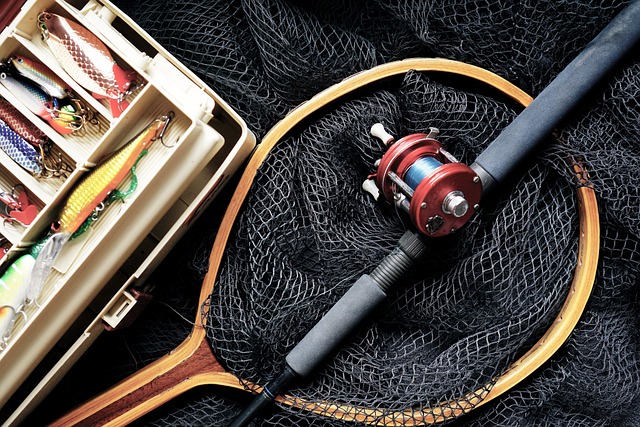The waters are changing, and so are the lives that depend on them. Fishing, a timeless tradition for countless communities, faces unprecedented challenges. As climate change continues to reshape our environment, it forces us to confront the delicate balance that sustains marine ecosystems and the livelihoods that rely on them.
Our oceans are more than just vast expanses of water; they are vital habitats teeming with life. Yet, as the planet warms, the repercussions seep into our fisheries. Higher water temperatures affect the distribution of fish species, leading them to seek cooler waters. For those whose lives revolve around fishing, this shift can spell uncertainty and risk.
In coastal communities across the globe, fishing is not merely a job; it is a way of life, passed down through generations. Families who once thrived on the bounty of the sea are witnessing dramatic changes in fish populations. Species that were once abundant are now more elusive, forcing fishers to travel further and work harder for dwindling catches. The psychological toll of climate change is also profound, as fishermen navigate the loss of income and the threat to their heritage.
Moreover, the changing environment goes beyond the fish themselves. Ocean acidification, a direct result of increased carbon dioxide levels, poses a severe threat to the health of marine ecosystems. Coral reefs, essential habitats for many fish species, are experiencing bleaching events and die-offs. This not only impacts biodiversity but also the communities that depend on healthy reefs for fishing and tourism.
As we delve into these complexities, it’s essential to recognize the role of adaptive management strategies. Fishermen and policymakers alike must work collaboratively to develop sustainable practices that can weather the storm of climate change. Initiatives that involve scientific research, community input, and innovative technologies can lead to a more resilient fishing industry capable of adapting to an uncertain future.
Furthermore, the importance of preserving marine biodiversity cannot be overstated. By protecting essential habitats and implementing sustainable fishing practices, we ensure not just the survival of our fish populations but the very communities that depend on them. Preserving these ecosystems creates a buffer, allowing nature to adapt and recover amidst the relentless changes brought on by climate change.
The narrative around fishing and climate change is one of resilience, adaptation, and hope. As we confront the challenges of our warming world, it is crucial to engage in meaningful conversations that inspire action. Whether it’s re-evaluating our consumption habits or advocating for policy changes aimed at protecting our oceans, every step we take contributes to a more sustainable future for fishing and the environment at large.




